[Lab]orans jest interdyscyplinarną inicjatywą badawczo-dydaktyczną podjętą przez grupę pracowników naukowych Wydziału Historycznego UJ. Przedsięwzięcie koncentruje się na zagadnieniu pracy jako zjawisku historycznym i kulturowym. W szczególności przedmiotem zainteresowania jest cielesne doświadczenie pracy w przeszłości oraz jego dzisiejsze reprezentacje.
Podzielamy pogląd, że praca jest jednym z najistotniejszych problemów społecznych i politycznych współczesnego świata. Łączy ona różne kwestie ważne dla toczonych obecnie debat, takie jak: nierówności społeczne, migracje, relacje państwo-jednostka, eksploatacja środowiska naturalnego.
Punktem wyjścia dla działań podejmowanych w ramach grupy [Lab]orans są transformacje pracy i jej doświadczenia w ostatnich dwóch stuleciach. Ideą nam przyświecającą jest stworzenie przestrzeni dla dyskusji i refleksji nad skomplikowanym oraz nielinearnym przebiegiem tych przemian a także tworzonymi obecnie ich obrazami.
Grupa skupia przedstawicieli różnych dyscyplin i dziedzin wiedzy: antropologię, historię, muzealnictwo, socjologię, literaturoznawstwo. W skład poszczególnych zespołów projektowych (zob. zakładkę projekty) wchodzą badacze pochodzący z renomowanych ośrodków naukowych krajowych i zagranicznych. Istotnym aspektem jej funkcjonowania jest wyjście poza akademię – współpraca z podmiotami otoczenia społecznego: muzeami i instytucjami kultury.
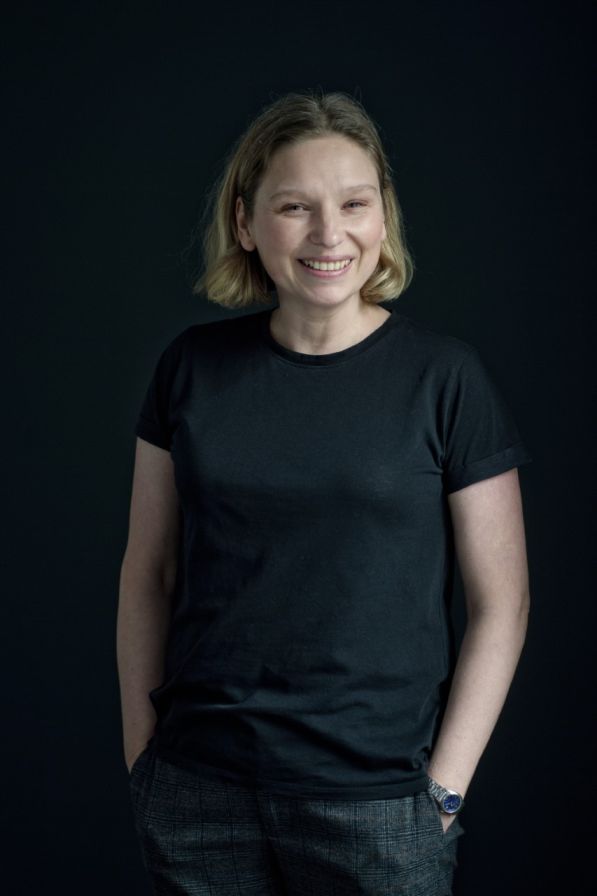
Marta Kurkowska-Budzan, doktor habilitowana, profesor na Wydziale Historycznym Uniwersytetu Jagiellońskiego. Studiowała historię i socjologię na Uniwersytecie Jagiellońskim i w University of Kent at Canterbury (Wielka Brytania); odbyła staże post-doc w Center for Advanced Holocaust Studies, United States Holocaust Memorial Museum w Waszyngtonie i w E.M. Remarque Institute for European Studies, New York University pod opieką naukową prof. T. Judta. Jej obecne zainteresowania naukowe obejmują współczesne reprezentacje przeszłości w muzealnictwie i kulturze popularnej,metodologię badań historycznych ( w szczególności oral history) oraz kulturową historię pracy w Europie Wschodniej w XX w.. Jest autorką „Historia zwykłych ludzi. Współczesna angielska historiografia dziejów społecznych” (2003), „Antykomunistyczne podziemie zbrojne na Białostocczyźnie. Analiza współczesnej symbolizacji przeszłości” (2009), „Stadion na peryferiach” (2016) (współ. z M. Stasiakiem)
Marta Kurkowska-Budzan, PhD, Professor at the Faculty of History of the Jagiellonian University. She studied history and sociology at the Jagiellonian University and at the University of Kent at Canterbury (UK); she held post-doc positions at the Center for Advanced Holocaust Studies, United States Holocaust Memorial Museum in Washington, DC and the E.M. Remarque Institute for European Studies, New York University under the supervision of Prof. T. Judt. Her current research interests include contemporary representations of the past in museology and popular culture, historical research methodology (especially oral history), and the cultural history of work in Eastern Europe in the 20th century. She is the author of "History of Ordinary People. Contemporary English Historiography of Social History". (2003), "Antykomunistic Armed Underground in the Białystok Region. An analysis of the contemporary symbolization of the past'. (2009), 'Stadium on the Periphery' (2016) (co-authored with M. Stasiak)
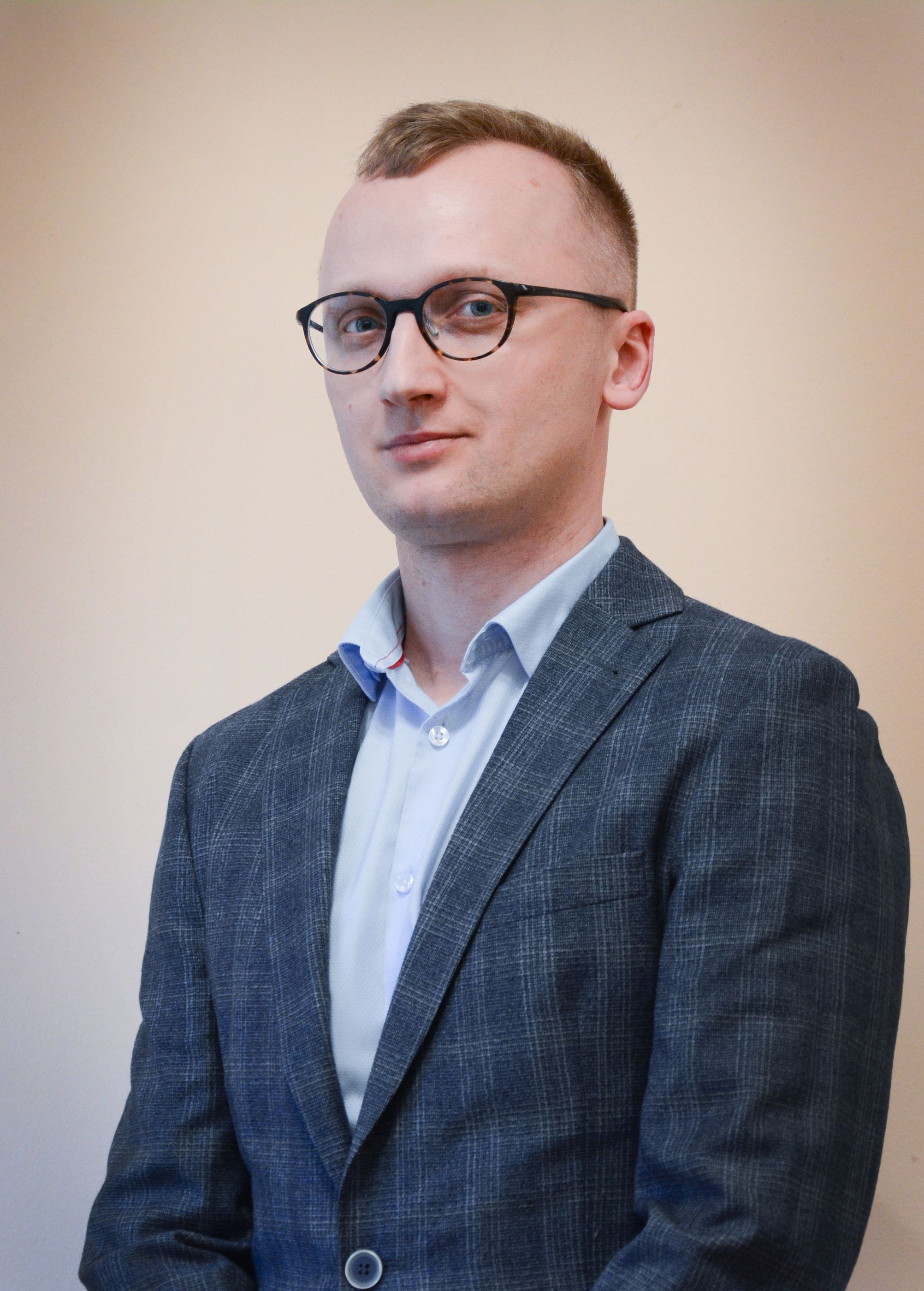
Pracownik Instytutu Historii UJ. Zajmuje się społeczną i antropologiczną historią Polski po 1945 roku, w szczególności historią niepełnosprawności oraz zastosowaniem metody oral history w badaniach przeszłości. Opublikował: Stadion na peryferiach (wraz z Martą Kurkowską-Budzan; Kraków: Universitas, 2016) oraz Polio w Polsce 1945-1989. Studium z historii niepełnosprawności (Kraków: Universitas 2021), za którą otrzymał Nagrodę Historyczną Polityki w kategorii prace naukowe, monografie.
więcej o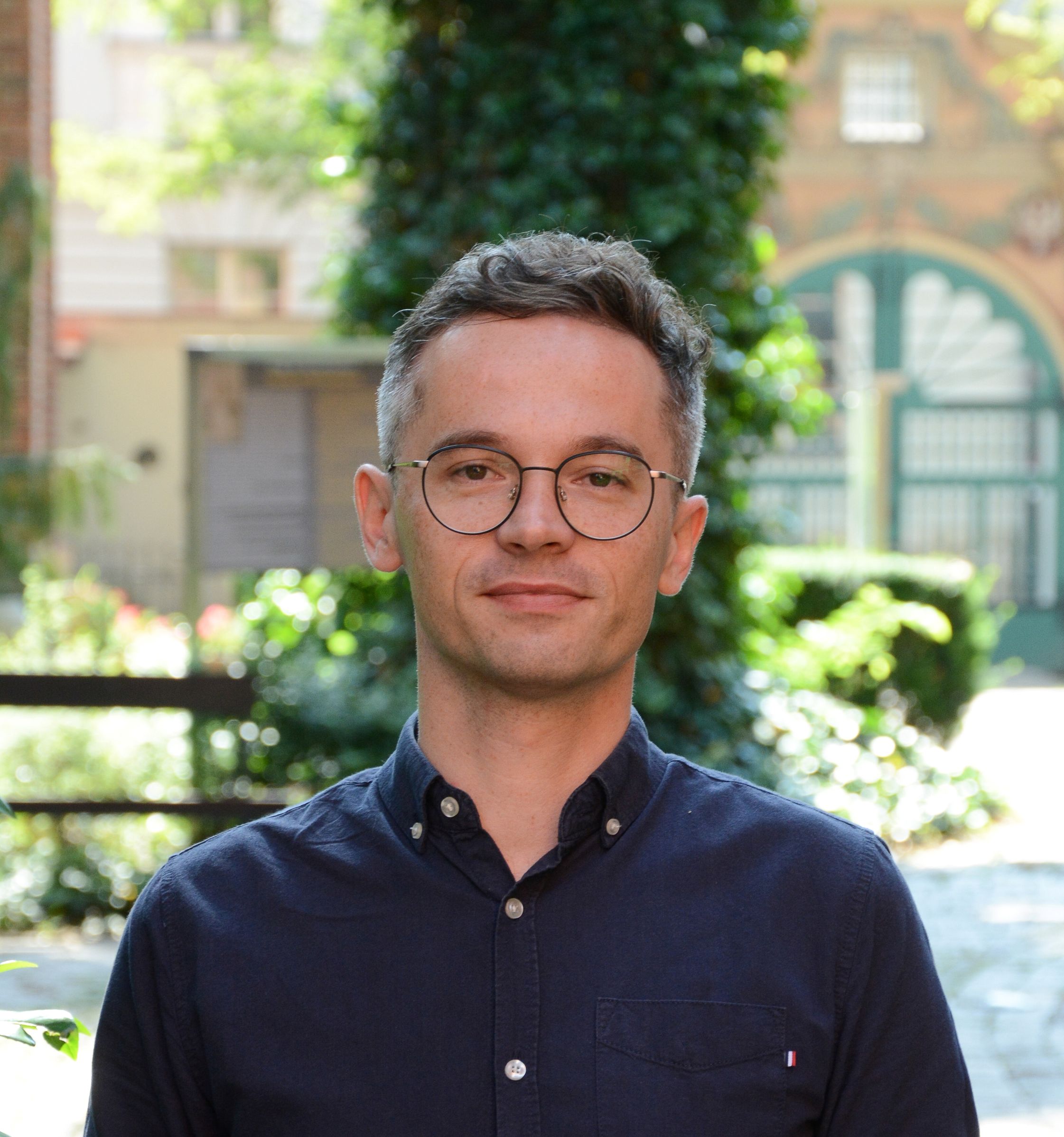
Adiunkt w Instytucie Historii UJ. Zajmuje się teorią i metodologią historii, teorią literatury, historią historiografii, anglo-amerykańską historią intelektualną, badaniami nad Holokaustem i ludobójstwami, historią emocji, popularyzacją historii.
Jakub Muchowski is history professor specialized in museal practices of labor heritage. His own research focuses on the theory of historical writing, intellectual history, holocaust and genocide studies, Polish memory cultures. Muchowski is an adjunct at Department of History, Jagiellonian University.
więcej o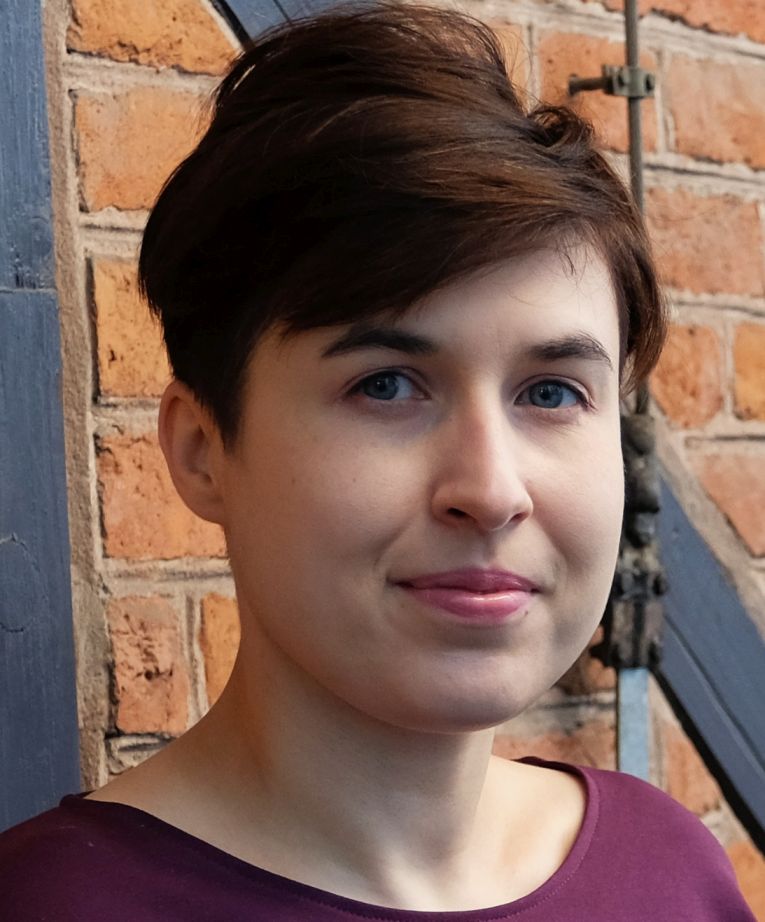
Monika Widzicka – adiunkt w Centrum Interpretacji Niematerialnego Dziedzictwa Krakowa w Muzeum Krakowa, historyczka i etnolożka, doktorantka nauk o kulturze i religii. Posiada dziesięcioletnie doświadczenie pracy w muzealnictwie, do października 2022 r. pracowała w Muzeum Inżynierii i Techniki w Krakowie. Zajmowała się m.in. zarządzaniem kolekcją muzealną, dokumentacją i popularyzacją zagadnień miejskiej audiosfery, organizacją spacerów dźwiękowych, współtworzyła międzynarodową bazę nagrań dźwięków pracy (www.soundsofchanges.eu). Kuratorka wystaw stałych i czasowych (Inżynieryjny portret miasta, Kraków miasto ambitne, Tramwaj widmo), koordynatorka w międzynarodowych projektach muzealnych (Work with Sounds, 2013-2015; Sounds of Changes, 2017-2019; Knowledge Lab: creating, sharing, protecting, 2017-2020). Uczestniczyła w projektach badawczych związanych ze zjawiskami dziedzictwa niematerialnego i kultury pamięci. Autorka publikacji z zakresu sound studies, historii kultury popularnej i antropologii historycznej.
Grace Simpson is undertaking a joint doctorate in history and cultural heritage at Jagiellonian University in Kraków and Complutense University of Madrid, researching the practices, representations, and expressions of workers in the Polish People’s Republic and Spanish State between 1958 and 1975. She holds a BA in History from UCL and a joint MA in History and Society from UCL and Jagiellonian University. Her research interests cover labour and trade union history, the cultural history of the Cold War, and industrial heritage.
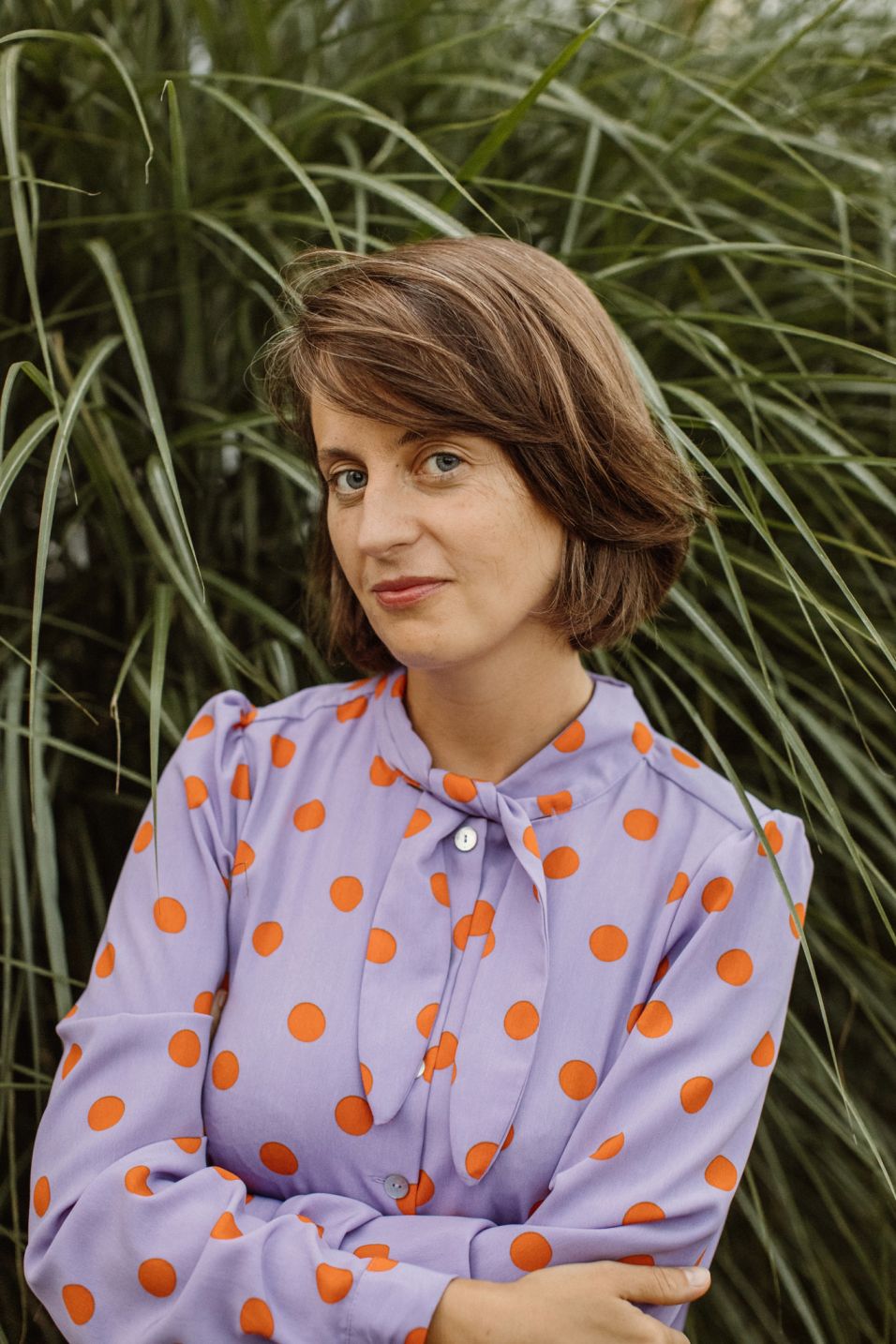
Pracownik Instytutu Etnologii i Antropologii Kulturowej UJ. Zajmuje się muzealnictwem, praktyką kuratorską, antropologią sztuki i postkolonializmem.
więcej oAnu Printsmann works as a researcher at the Centre for Landscape and Culture in the School of Humanities at Tallinn University. She studies landscapes as expressions of human-environment relationship by mixing human, cultural, historical and moral geography with cartography and oral histories. Anu Printsmann has been involved in projects concerning planning valuable landscapes for county theme plans, analysing visual perception of landscapes, and engaging with historic, heritage, transboundary, suburban, protected, seasonal, mire, agricultural, coastal, industrial and mining landscapes. She has co-edited a book Landscape and Seasonality (Kluwer 2007) and special issues for European Countryside (2010 and 2012) and Norsk Geografisk Tidsskrift – Norwegian Journal of Geography (2017).

Adjunct Professor, Dr Anu-Hanna Anttila is an expert of sociology and labour studies. She works as a Head of Research in the Finnish Industrial Union (former Finnish Metalworkers' Union). Her academic interests are industrial relations, changes of working life, and digitalization. Anttila’s latest research has considered digitalization and changes of manufacture work.
Kirsti Salmi-Niklander is Senior Lecturer in Folklore Studies at Department of Cultures, University of Helsinki. Her long-term fields of interest include vernacular literacy, oral history research, working-class culture and immigrant culture. One of her recent publications is Handwritten Newspapers. An Alternative Medium during the Early Modern and Modern Periods (co-edited with Heiko Droste), Studia Fennica Historica 26, Finnish Literature Society 2019, and Reading Home Cultures Through Books (co-edited with Marija Dalbello), Routledge 2022.
Pete Pesonen is a PhD Student in the School of History, Culture and Arts Studies at the University of Turku. Pesonen is finishing his doctoral thesis which concerns industrial working life, on the shop floor, in Finland after the second world war from the perspective of the factory homers. Homers refer to an object made for his or her own purpose or pleasure by a worker using his or her factory’s machines and materials.
Pesonen also works as a senior archivist in the Finnish Labour Archives. In the archives, he runs the Commission of Finnish Labour tradition which collects and records labour orientated oral history.
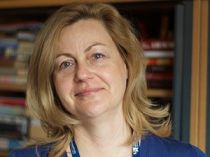
Aleksandra Galasińska is Professor in Discourse and Migration at the Faculty of Arts, Business and Social Sciences at the University of Wolverhampton. Her main research interests focus on the ethnographic and discursive aspects of lived experiences of post-communism and migration. She has been collecting migrants’ narratives recounting their experiences of moving to a new country, and researching on-line media and internet forum discourses in relation to post-04 migration from Poland. She has published numerous articles and book chapters on these topics, as well as co-edited “Discourse and Transformation in Central and Eastern Europe” and “The Post-communist Condition. Public and private discourses of transformation”.
